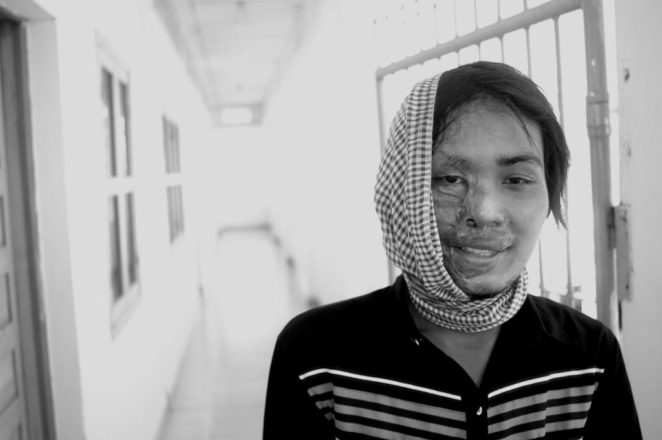
Solitude and loneliness are different beasts. One is sought, the other is avoided. But how often are they merely two sides of the same coin?
Julia longed for solitude. That had not always been her way.
There had been many times in her life when she delighted in all the company she
could get – men, women, old, young, it didn’t matter. She had been a social
animal who could not live a day without the pleasures that other people could
bring to her simply by being there.
She had always been beautiful and other people had been
drawn to her presence because of that beauty. She had used her looks to make a
very good living for herself as a fashion and photographic model. When other
people looked at her she earned money, so the more of them that did so – either
in person or by viewing photographs and videos of her – the richer she became.
But then tragedy struck. She had been in the right place but
at the wrong time. It was at a house party given by one of her many friends
that her life changed for ever. A young man was there who had been jilted by
his girlfriend, Liz, who had also been invited. She was late arriving and her
former boyfriend stood in the entrance hall of the house waiting for her, glass
in hand.
Julia was also late. She reached the open front door just a
couple of feet behind Liz. The contents of the glass, when thrown, therefore
splashed over the faces of both young women.
Julia spent several weeks in hospital being treated for acid
burns. Despite everything the doctors did, and also despite the best plastic
surgery that money could buy, Julia’s career as a model was over.
That was why she longed for solitude. Her face had not only
been her fortune, it had also been the key that unlocked the door to her whole
world. She knew that the key no longer worked when her friends came to see her after
she went back home.
It was not only Julia’s face that had changed, so had that
of everyone else. The face of Lydia, of Richard, of Cressida, of Becky … each
one was now so different because it was no longer a face that said: “I’m your
friend, your equal, let’s have fun”. Instead, the faces said: “Oh you poor
thing, I do so pity you, how can I help?” Julia could not bear to listen to the
words that were spoken – she did not need to, because the faces said
everything.
Julia therefore shut herself away, threw away her old phone,
invited nobody to visit, and did not reply to the dwindling number of
invitations that came her way. She felt that this was only way she could keep
her sanity. All she wanted was to be on her own.
But as the weeks went by the solitude coin flipped over and
turned to what she had never wanted, namely intense loneliness. The one thing
she now craved was the society of others, and she also knew that without
company she would indeed lose her mind. For somebody whose pleasures depended
so much on being wanted and admired, the agonies of loneliness could hardly
have been worse.
She was only 25 years old, but her life was now that like of
someone many years older. She had never had any interests outside her work, and
now she had nothing to do other than wander round her house, watch daytime TV,
eat and sleep. She was lonely and bored and wondered if this was how things
would be for the rest of her life.
Then one fine morning there was a knock at her door. At
first she ignored it, but it came again ... and again. Whoever it was had no
intention of going away.
A voice came at her through the letterbox. “Julia ... are
you there?”
“Who is it?”
“You don’t know me. My name’s Liz. I’d like to talk to you.”
Julia opened the door and looked at a face that she seemed
to have seen in the mirror hundreds of times since the accident.
Julia invited Liz in and soon realized that this was
somebody whose face did not exude revulsion or pity, but recognition and
comradeship.
“I’ve been trying to find you ever since what happened to us
… happened”, said Liz. Everybody said that you had disappeared, but I really
wanted to find you.”
“Why?” asked Julia.
“Because we’re not alone”, said Liz. “I was contacted by
someone who was also an acid victim – a young Asian woman – and it turns out
that there are a lot of us. I wanted to find you because I heard that you had
virtually disappeared and I think you can help us.”
“I can help you?” said Julia. “How?”
“Because we’re going to fight back”, said Liz. “We want to
show everyone that we’re not going to be forgotten and we have as much right to
live the way we want as anyone else.”
Liz then went on to explain that the women wanted to set up
an agency to promote fashion and beauty aids for acid victims and to get photographs
into glossy magazines of women who refused to be beaten into silence by violent
men. What they needed was someone with real expertise in that area and who knew
the right people. Who better than Julia?
Who better indeed? This was just the start of a new life for
Julia and Liz, and a very successful one it turned out to be.
This is just a story, but there are real Julias and Lizzes
out there who are even now striking real blows for justice and sanity.
© John Welford
No comments:
Post a Comment